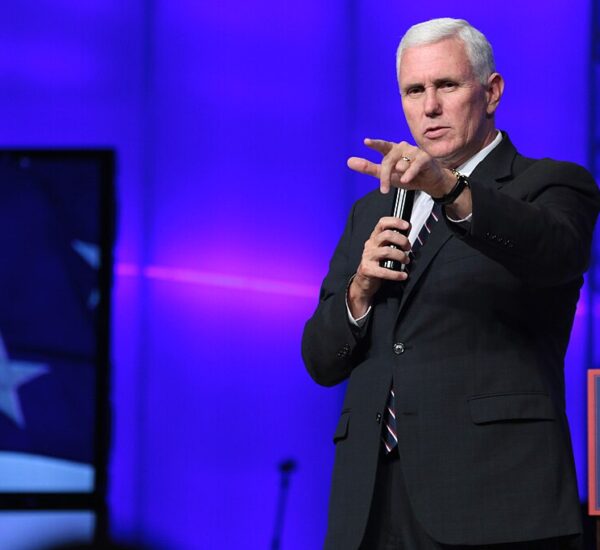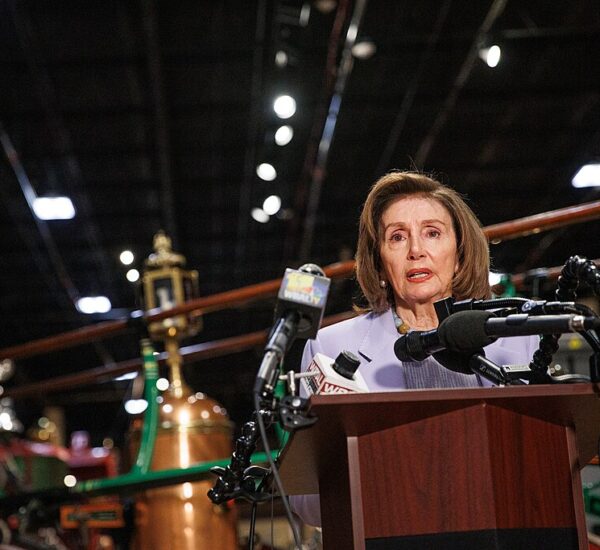Supreme Court Justice Backstabs Trump
MAGA World isn’t happy about this.
Support for Justice Amy Coney Barrett among former President Donald Trump’s backers has waned following her recent decision to side against Republican-led states in a dispute involving social media content moderation. In a significant 6-3 ruling on Murthy v. Missouri, Barrett authored the majority opinion asserting that the states lacked standing to sue over how platforms like Facebook manage content. Justices Samuel Alito, Clarence Thomas, and Neil Gorsuch dissented from her decision.
Barrett’s stance has sparked criticism from Trump loyalists who previously hailed her appointment in 2020 as pivotal in securing a conservative majority on the Supreme Court. This latest ruling, however, has prompted a backlash on social media platforms like X, where Representative Matt Gaetz of Florida and other prominent Trump allies expressed disappointment. Gaetz lamented the inability of even conservative justices like Barrett to deliver outcomes aligned with their expectations, urging a stronger focus on legislative solutions rather than judicial reliance.
One prominent anonymous account with a large following on X, previously enthusiastic about Barrett’s nomination, now derisively referred to her as “Amy Commie Barrett” in a tweet that underscored growing disillusionment among some Trump supporters. Others echoed similar sentiments, criticizing Barrett for what they perceive as a betrayal of conservative values.
Jeffrey Clark, a former Justice Department official closely aligned with Trump, emphasized that Barrett’s decision underscores the court’s independence from partisan influence, contrary to some perceptions that it might favor Trump’s interests. Clark’s remarks reflect a broader sentiment among Trump’s base that the judiciary, even with its conservative majority, may not consistently rule in ways perceived as favorable to their interests.
In Murthy v. Missouri, the core issue revolved around whether states could challenge social media platforms’ content moderation policies as infringing on free speech rights. The Biden administration defended the platforms’ rights to moderate content, arguing it was essential for combating misinformation and safeguarding public discourse. Barrett’s majority opinion, while pivotal, centered strictly on the question of legal standing rather than the substantive merits of the case, a point of contention for dissenting justices like Alito.
The fallout from Barrett’s decision underscores broader divisions within conservative circles over judicial outcomes and strategic priorities. For Trump supporters, the episode serves as a reminder of the complexities and occasional disappointments inherent in judicial appointments, challenging assumptions about how reliably justices align with political expectations. As debates over judicial philosophy and the role of the courts in shaping policy continue, Barrett’s role and decisions will undoubtedly remain a focal point for political discourse and scrutiny.






